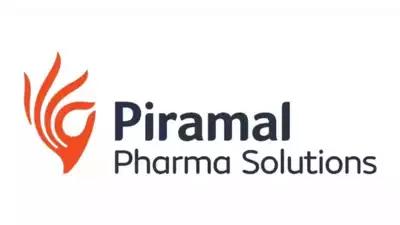Piramal Pharma
aims to double its
turnover
to $2 bn by 2030, driven by its “strategically- positioned’’ contract development and manufacturing organization (
CDMO
) business, and “high-growth’’ verticals of complex
hospital generics
(CHG) and
consumer healthcare
.
The company’s revenues stood at ₹8,171 crore ($987 million) for the year ended March 31, 2024.
The company closed over 4% higher at 226.45 on BSE Wednesday.
In 2022, the company demerged from the Ajay Piramal-promoted Piramal Enterprises, and also listed on the stock exchanges. Over the last two years, it has simplified the corporate structure, diversified its business model and pursued growth with sharper focus.
Over the next five years, Piramal Pharma plans to double its revenues of the CDMO as well as the CHG business to $1.2 bn and $600 mn respectively, and is targeting 25% EBITDA margins, its chairperson Nandini Piramal said.
The consumer healthcare segment could achieve double-digit EBITDA margins riding on the power brands, e-commerce profitability and omni-channel expansion, to reach a revenue of $200mn (~US$120mn in FY24).
She said the company will build and invest in the new formats of the legacy brands –Little’s, Lacto Calamine, Polycrol and Tetmosol, to drive profitability, and grow the business.
Elaborating on the CDMO segment which contributes a lion’s share, 58% to the total revenue, and is the fastest growing, she said it is well-positioned to service customers in “the East and West,” without the China option.
It will be a focus segment with tailwinds coming from the yet-to-be-passed US Biosecure Act, as well as benefiting from an India-based cost efficient manufacturing infrastructure. With tailwinds coming in, the growth would be much faster, she said. (The US Biosecure Act looks to restrict US companies from working with certain Chinese biotech companies).
The company has already seen an increase in RFPs (request for proposals) globally over the last few months.
Regarding its strategy, the company will continue to look at organic and inorganic expansion depending upon the financial performance, debt levels and the cash flow generation. The acquisitions will be based on differentiated capabilities which would offer synergies.
Over the next five to six years, PAT is expected to witness exponential growth led by reduction in finance cost and rationalisation of effective tax rates.


